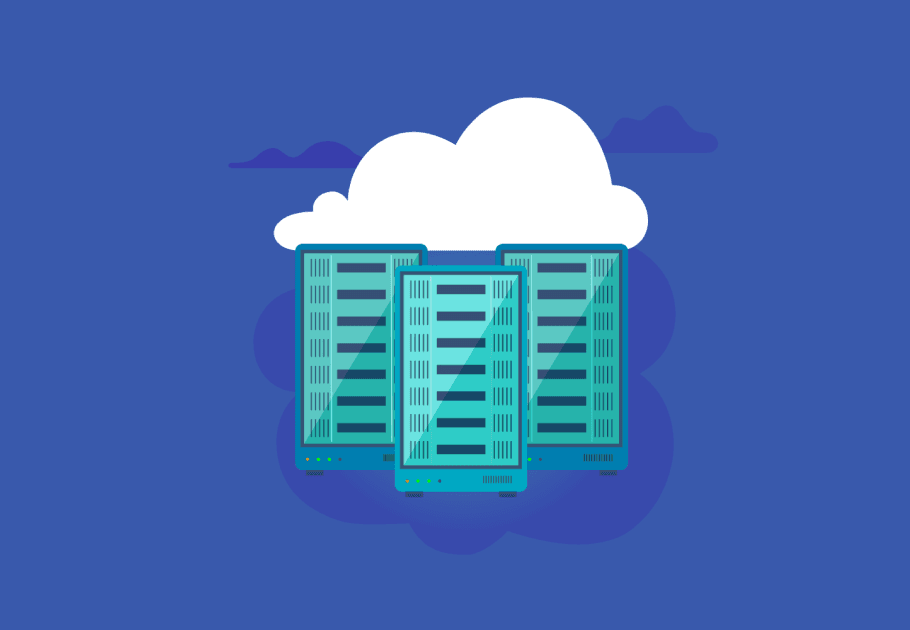The Ins and Outs of Data Center Colocation: A Detailed Overview


Our company, Crypadvise, offers an all-encompassing solution that thoroughly investigates the notion of Data Center Colocations, scrutinizing its features, operations, and benefits.
A data center colocation, frequently referred to as a "colo," provides businesses with the opportunity to rent data center resources from an external service provider.
This setup empowers them to delegate the task of overseeing a significant portion, if not the entirety, of the infrastructure. Nevertheless, enterprises need to stay watchful when it comes to protecting data center assets, which includes safeguarding digital assets not encompassed by the colo's responsibility for securing physical infrastructure access.
What Does Colocation Entail?
Data Centers Colocation, often referred to as "colo," presents an attractive rental choice for enterprises aiming to house their critical servers and essential hardware necessary for day-to-day functions.
This offering furnishes secure, communal areas within controlled environments meticulously designed for server operations, ensuring ample bandwidth to meet operational needs. Customers have the option to choose from a variety of service tiers that guarantee specific uptime levels.
When contemplating the decision of whether to relocate, expand, or consolidate your data center, numerous vital factors come into consideration, including expenses, operational reliability, and, naturally, security.
Taking these elements into account, many businesses find that Colo provides a suitable solution, relieving them of the responsibility of managing a standalone data center.
Colocation service providers function in a manner akin to leasing from a property owner: Corporate clients lease dedicated space within the colocation facility to accommodate their hardware prerequisites.
Crypadvise delivers a valuable offering, enabling businesses to access a colocation data center.
Now, let's explore the advantages you gain from these services and determine if they warrant the investment.
Advantages of Opting for Data Center Colocation
The benefits of choosing data center colocation render it a fitting choice for enterprises spanning various sizes and operating in a multitude of sectors. Let's delve into these advantages.
Dependability & Continuous Operation
Data center colocation presents substantial benefits for corporate entities, particularly in terms of server dependability. Businesses opting for a particular plan are guaranteed a fixed proportion of uninterrupted functionality, thereby eradicating the necessity for internal maintenance expenditures or employee payroll outlays.
Risk Reduction
Utilizing a colocation center ensures uninterrupted corporate activities, even when confronted with natural calamities or service interruptions. This means that network flow remains unimpeded in the event of a power failure at your business site.
The key to its efficacy lies in its duplication. The numerous layers of backup available at a colocation data facility exceed what many businesses can feasibly create on their own.
Some corporate enterprises may opt for the off-site facility as their primary data repository while keeping on-premises data duplicates as safeguards.
Security Protocols
Modern security systems equip data centers with advanced tools, including cutting-edge cameras and biometric authentication devices. Usual amenities comprise friendly reception areas for incoming guests and routine scrutiny of security badges.
To ensure continuous protection, these colocation sites undergo constant physical and cloud monitoring, diligently thwarting any unauthorized entry attempts.
Cost Efficiency
Colocation offers notable financial advantages, especially when contrasted with the outlays tied to running an internal data center. For many businesses, leasing necessary space from a data center proves to be a practical remedy for streamlining IT finances.
Through colocation services, worries regarding budgeting for initial investments such as continuous power supplies (UPS), multiple backup generators, electricity grids, and HVAC systems (with persistent cooling expenditures) are alleviated.
In addition to these initial capital investments, the maintenance and administration of in-house servers also entail recurrent expenses.
Network Capability
The data centers distribute the necessary network capability essential for the smooth operation of corporate client servers. Outfitted with abundant bandwidth to accommodate multiple enterprises, these data facilities are ideally positioned to deliver businesses with exceptional assistance, often exceeding what their office sites can provide.
This becomes increasingly crucial, especially in the context of remote work settings.
Proficient Support & Qualifications
Engaging with a colocation data center offers a comforting benefit – through collaboration with colocation service providers, your corporate entity can reduce potential payroll outlays, delegating the oversight and resolution of crucial equipment issues to the data center's adept specialists. Rely on certified professionals to provide steadfast assistance tailored to your corporate demands.
The Purpose of Data Centers
Data centers encompass a comprehensive fusion of diverse elements, encompassing routers, switches, firewalls, storage systems, servers, and application delivery controllers. Because they are tasked with the storage and management of mission-critical business data and applications, ensuring the security of data centers becomes a crucial facet of their design. Collectively, these constituents deliver:
The network infrastructure establishes connections between servers (both physical and virtualized), data center services, storage, and external connections to end-user sites.
The storage infrastructure functions as the lifeblood of contemporary data centers, serving as the repository for this invaluable data.
Applications serve as the driving force behind the data center. These servers supply the necessary processing capacity, memory, local storage, and network connectivity to support and drive applications forward.
Comparison: In-House Data Centers vs. Data Center Colocation
Over the past few years, colocation services have surged in popularity among corporations, outpacing the growth of in-house data centers. Colocation provides enhanced bandwidth capabilities at more economical rates and guarantees unparalleled operational continuity through duplicated power supplies and internet connections.
Additionally, it offers a financially efficient solution for businesses seeking expansion, cutting down on IT expenditures and eradicating the necessity for on-site experts. As the colocation data center market continues to expand, an increasing number of enterprises are choosing this outsourced alternative.
Cloud Solutions vs. Colocation
In opposition to data center colocation, cloud services deliver a managed alternative, taking charge of servers, storage, and networking. This grants enterprises the opportunity to concentrate exclusively on utilizing these services, alleviating the responsibility for technical prerequisites. Cloud solutions offer substantial benefits to businesses, encompassing cost-efficiency, swift initiation, scalability, and integrated functionalities like surveillance, data retention, query utilities, networking, and machine learning capabilities.
Although cloud services cater to new businesses seeking swift implementation, well-established corporations may discover that colocation services or internal solutions present greater long-term cost-effectiveness.
In Closing
In summary, let's swiftly review. Data centers represent specialized colocation hubs designed for effective storage, electricity provisioning, temperature regulation, and connectivity of IT infrastructure. Colocation, often referred to as "colo," constitutes a service provided by data centers, wherein your IT equipment, including servers, resides off-site within their colocation facility.
Comprehending the disparities among colocation, data centers, and hosting empowers you to contemplate the benefits of transitioning your IT infrastructure to a data center. Don't hesitate to reach out to us for more in-depth conversations and to explore the array of possibilities. We're here to offer our assistance!